In today’s wellness-obsessed world, it’s easy to assume that certain foods, supplements, and remedies are inherently good for you simply because they’re labeled as “healthy.” But just because something is marketed as healthy doesn’t always mean it’s beneficial. Some of these so-called wellness items may be doing more harm than good in the long run. Let’s take a look at 15 ‘healthy’ foods, supplements, and remedies that might deserve a spot on your wellness blacklist.
1. Agave Syrup

Agave syrup is often touted as a healthy alternative to sugar because it has a low glycemic index. However, this natural sweetener is high in fructose, which can lead to insulin resistance, fatty liver disease, and an increased risk of heart disease when consumed in excess. According to MedicineNet, agave syrup contains 90% fructose, similar to high fructose corn syrup, and can contribute to chronic ailments like diabetes and cardiovascular issues. Despite its natural origins, agave syrup can contribute to the same health problems as regular high-fructose corn syrup.
What’s more, agave syrup is processed, stripping it of beneficial nutrients. Its high fructose content means it could cause a spike in blood sugar levels and contribute to weight gain over time. Instead of agave, consider using whole fruits for sweetness or natural sweeteners like stevia or monk fruit, which don’t carry the same risks.
2. Fruit Juices
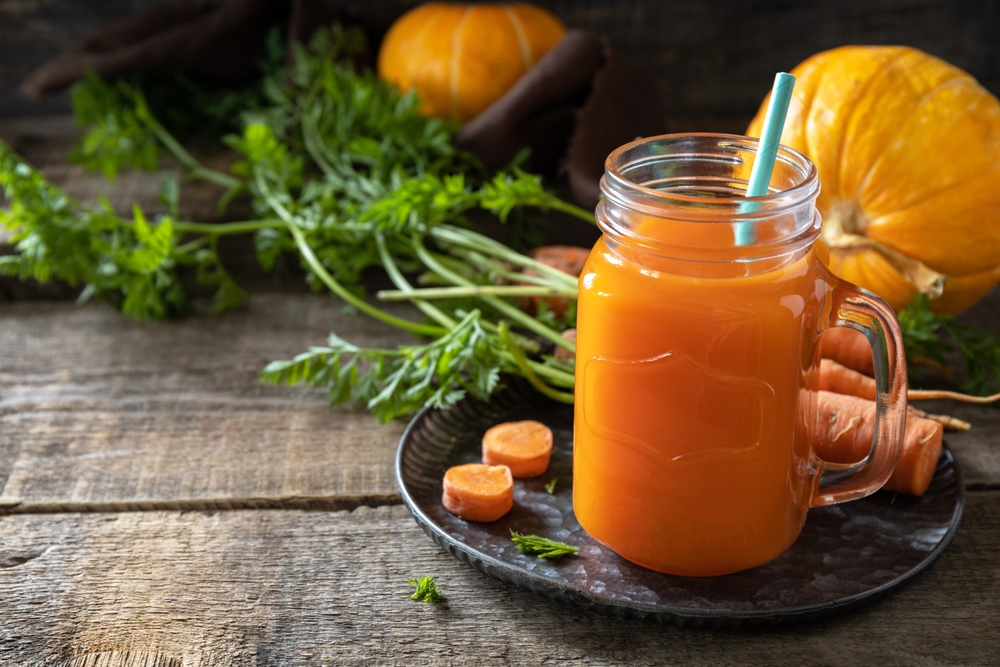
Many people believe that fruit juices are a healthy way to get their daily dose of vitamins. However, most commercial fruit juices are packed with added sugars and devoid of fiber, which can lead to blood sugar spikes and contribute to weight gain. Even if the juice claims to be 100% pure, it’s still missing the essential fiber found in whole fruits, which is crucial for digestion and blood sugar regulation. According to BBC Good Food, fruit juices are high in ‘free sugars’ and can lead to health problems like obesity and type 2 diabetes.
What’s particularly concerning is that fruit juices often contain as much sugar as sugary soft drinks. Drinking juice regularly can set you up for health problems like type 2 diabetes and obesity. Instead, eat the whole fruit, which provides more fiber and fewer empty calories.
3. Coconut Oil
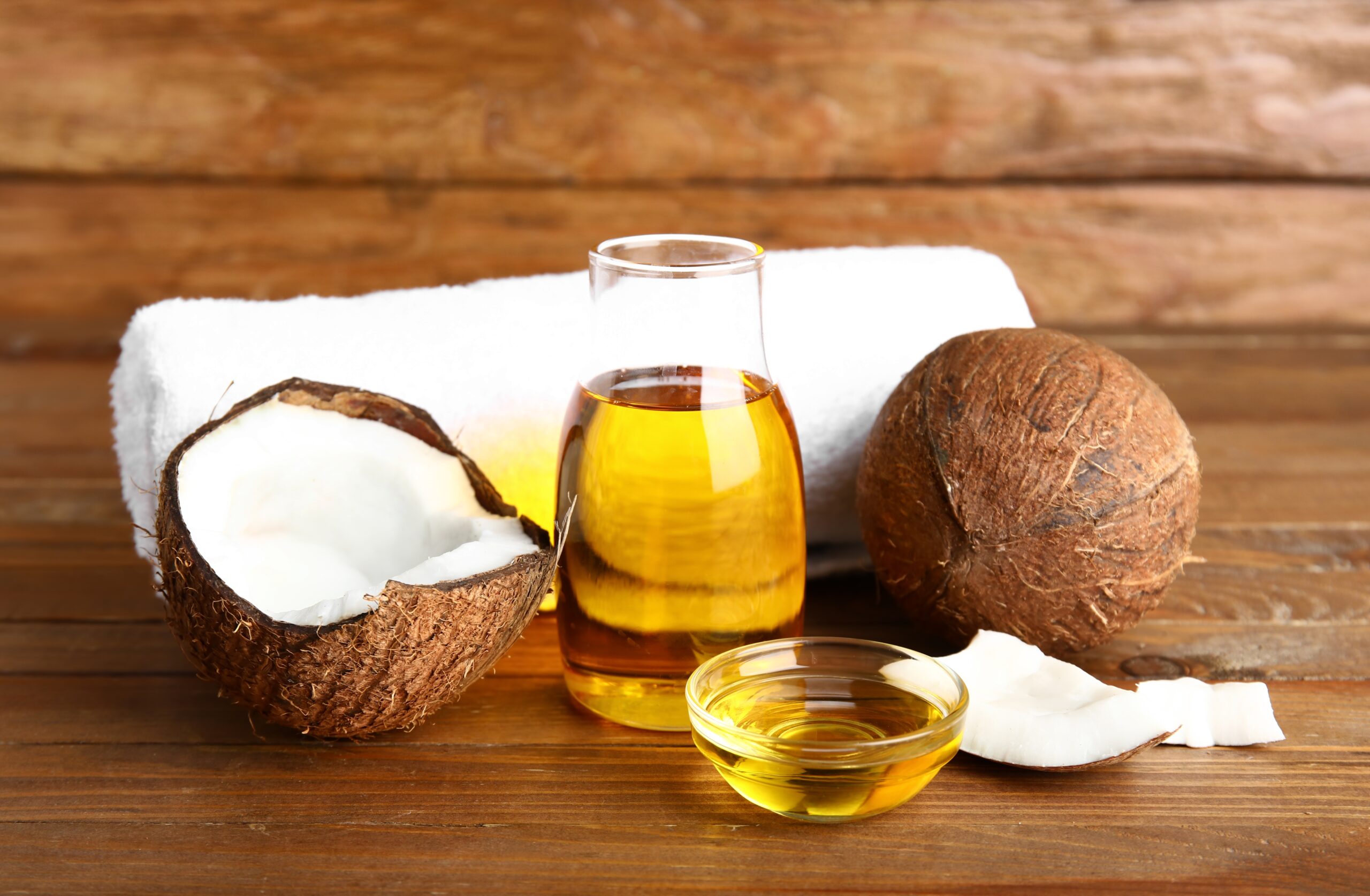
Coconut oil is widely promoted as a superfood, believed to improve skin health, boost metabolism, and support weight loss. While it does contain some beneficial properties, it is also high in saturated fat, which can increase bad cholesterol levels and raise the risk of heart disease. According to The Nutrition Source, coconut oil raises total and LDL cholesterol levels, similar to other saturated fats, and should be consumed in moderation. Long-term consumption of coconut oil in large quantities could be harmful to cardiovascular health.
Despite its “healthy” image, coconut oil is best used sparingly. You might be better off using oils with more heart-healthy monounsaturated fats, such as olive oil or avocado oil, for cooking and dressings. Moderation is key when it comes to coconut oil’s use in your diet.
4. Granola
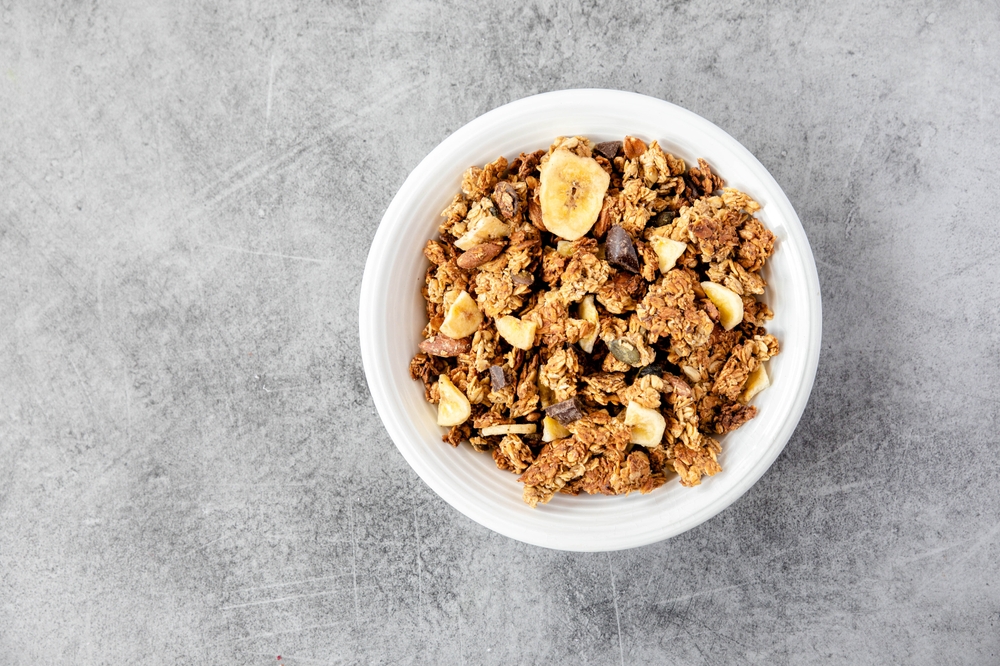
Granola is often considered a healthy breakfast option, packed with oats and nuts. However, many store-bought granolas are loaded with sugar, unhealthy oils, and preservatives, making them a calorie-dense, low-nutrient food. These added sugars can lead to weight gain and increase the risk of diabetes and heart disease. According to Healthline, granola can supply excess calories, and eating more than the specified portion may lead to unwanted weight gain, increasing your risk of obesity and metabolic disease.
Homemade granola can be a healthier choice if you control the ingredients, but even then, it’s important to watch portion sizes. Granola can quickly go from a healthful snack to a sugar-laden calorie bomb if not eaten in moderation. For a healthier option, consider substituting granola with whole oats and fresh fruit.
5. Smoothie Bowls
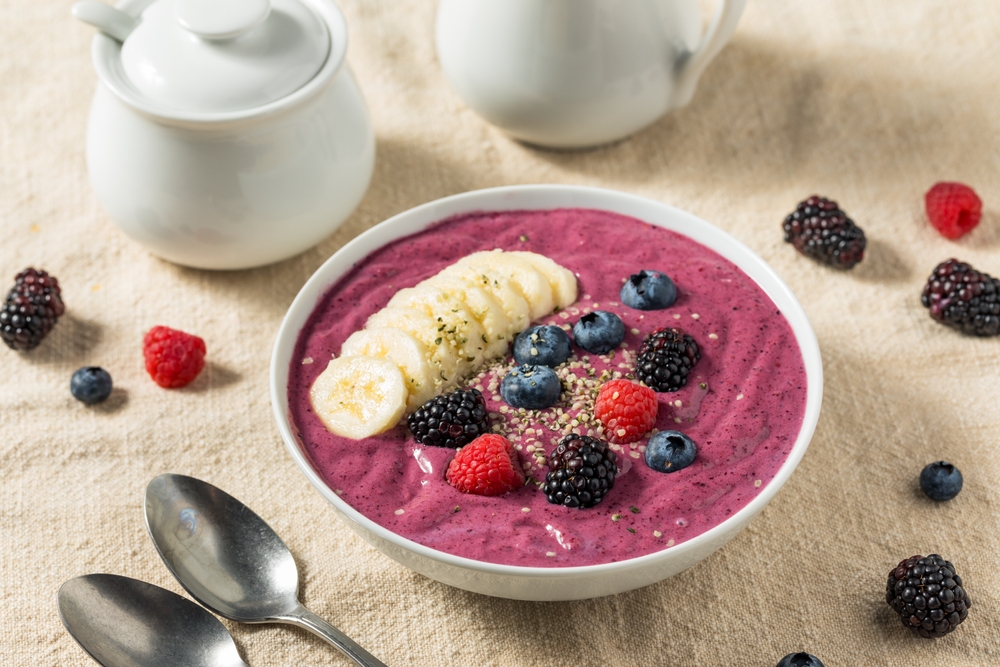
Smoothie bowls are often viewed as a nutritious way to pack in fruits and superfoods. However, many commercial smoothie bowls are filled with sugary toppings like granola, honey, and sweetened coconut flakes, turning what could be a healthy meal into a sugar overload. The sugar content in some smoothie bowls rivals that of a dessert.
The base of the smoothie may be healthy, but it’s easy to forget that the toppings are what often contribute the most calories and sugar. Opt for homemade smoothie bowls with fresh fruits, a small handful of nuts, and a sprinkling of seeds to keep them nutrient-dense without the sugar spike.
6. Gluten-Free Products

Gluten-free foods have gained popularity as a healthier alternative, but the reality is more complicated. Many gluten-free products are highly processed and contain refined grains and added sugars to compensate for the texture and flavor loss without gluten. These products often lack fiber and essential nutrients, making them nutritionally inferior to their gluten-containing counterparts.
Furthermore, gluten-free products can still cause blood sugar spikes, especially if they’re made with refined rice or potato flour. Unless you have a medical condition like celiac disease or gluten sensitivity, whole grains like quinoa, barley, and oats are often a healthier choice. Stick with naturally gluten-free whole foods, like fruits, vegetables, and lean proteins, for a more balanced diet.
7. Energy Bars
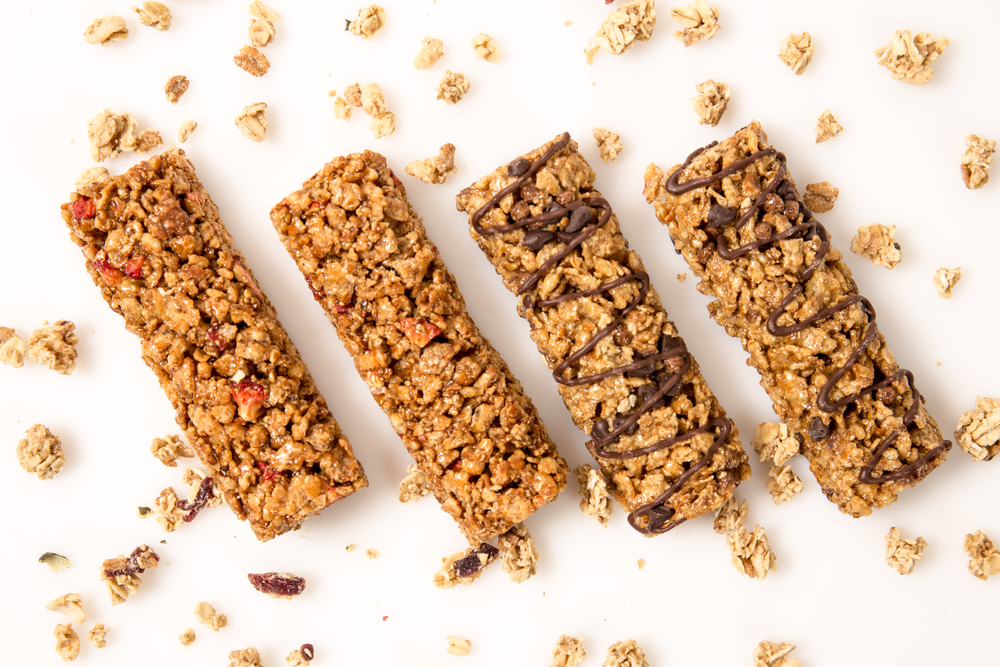
Energy bars are often marketed as a quick and healthy snack, perfect for those on the go. However, many of these bars are packed with sugar, artificial sweeteners, and preservatives. They can be high in calories, making them an easy source of excess sugar and fats without offering much nutritional value.
Energy bars are often processed and don’t provide the same satiating fiber and protein as whole foods. Instead of grabbing a bar, opt for a handful of nuts, seeds, or fruit for a more natural and nutrient-dense snack. If you do choose energy bars, always check the ingredient list for hidden sugars and unhealthy additives.
8. Vitamin Supplements

While vitamin supplements can be beneficial for filling nutritional gaps, they’re often overused and unnecessary for most healthy individuals. Taking high doses of certain vitamins, like vitamin A or iron, can be harmful and lead to toxicity. Over-supplementation can stress the liver and kidneys and lead to a range of health issues, including nausea, headaches, and even organ damage.
It’s always best to get your vitamins and minerals from whole foods, where the nutrients are better absorbed and balanced. If you do choose to take supplements, make sure they’re necessary based on your individual health needs and consult with a healthcare provider before starting any supplementation regimen.
9. “Low-Fat” Yogurt
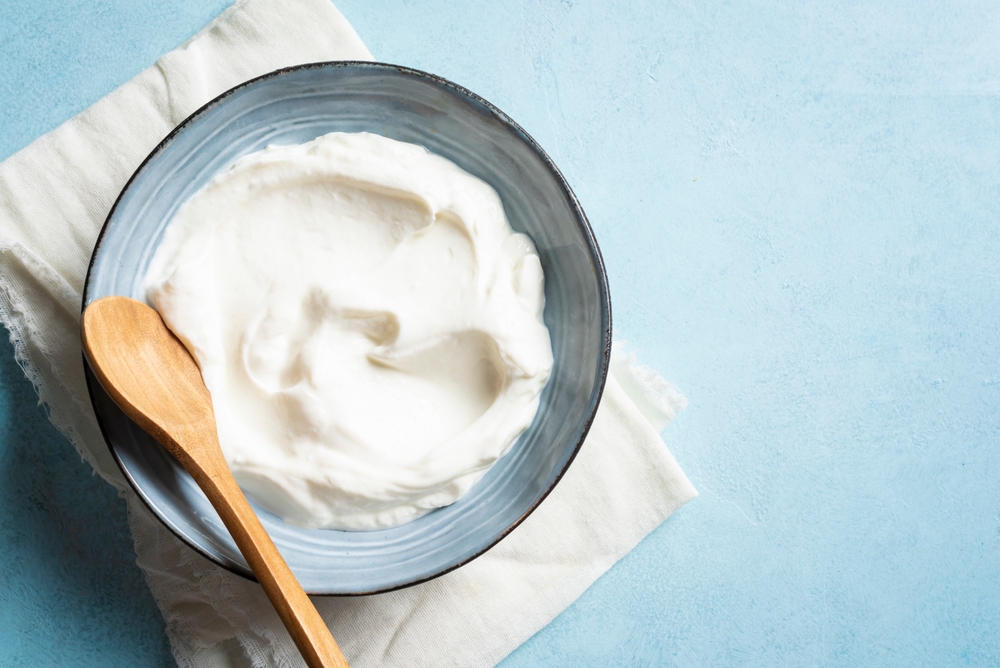
Low-fat yogurt may sound like a healthy option, but many of these products compensate for the loss of fat with added sugar to enhance flavor. This can lead to a spike in blood sugar levels, undoing the benefits of consuming yogurt. Many low-fat yogurts have more sugar than some dessert options.
Instead of low-fat yogurt, opt for full-fat Greek yogurt, which offers more protein and beneficial fats without the added sugar. Full-fat versions are often more satisfying and can help you feel fuller for longer, reducing the temptation to snack on sugary alternatives.
10. Artificial Sweeteners
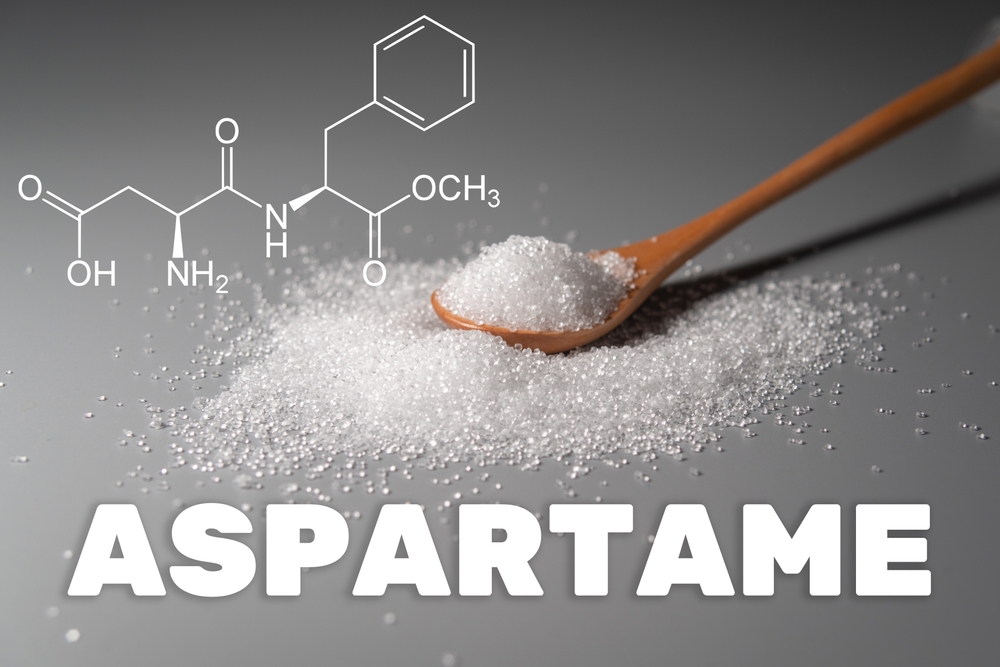
Artificial sweeteners are often used as a substitute for sugar, marketed as a healthier alternative to reduce calorie intake. However, some studies have linked artificial sweeteners to weight gain, an increased risk of metabolic syndrome, and even changes in gut microbiota. While they may reduce sugar intake in the short term, their long-term effects are still being researched.
For a healthier alternative, consider using natural sweeteners like stevia or monk fruit, which have no known harmful effects. It’s also important to be cautious about the quantity and frequency of artificial sweetener consumption, as moderation is key to maintaining overall health.
11. Soy Products
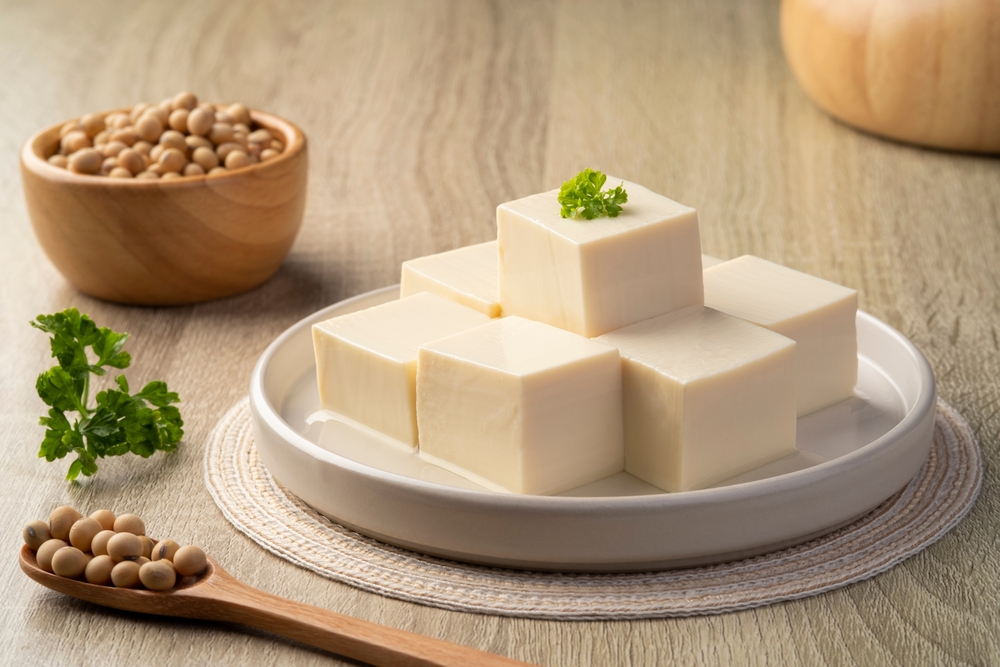
Soy has long been considered a healthy alternative to meat and dairy due to its high protein content. However, consuming excessive amounts of soy can interfere with hormone levels due to the presence of phytoestrogens, which mimic estrogen in the body. This can potentially disrupt thyroid function and hormonal balance, especially in those with hormone-sensitive conditions.
While moderate soy consumption is generally safe, it’s important not to rely on soy-based products as your primary source of protein. Opt for other plant-based protein sources like lentils, quinoa, and chickpeas, which provide essential nutrients without hormonal concerns.
12. Nut Butters
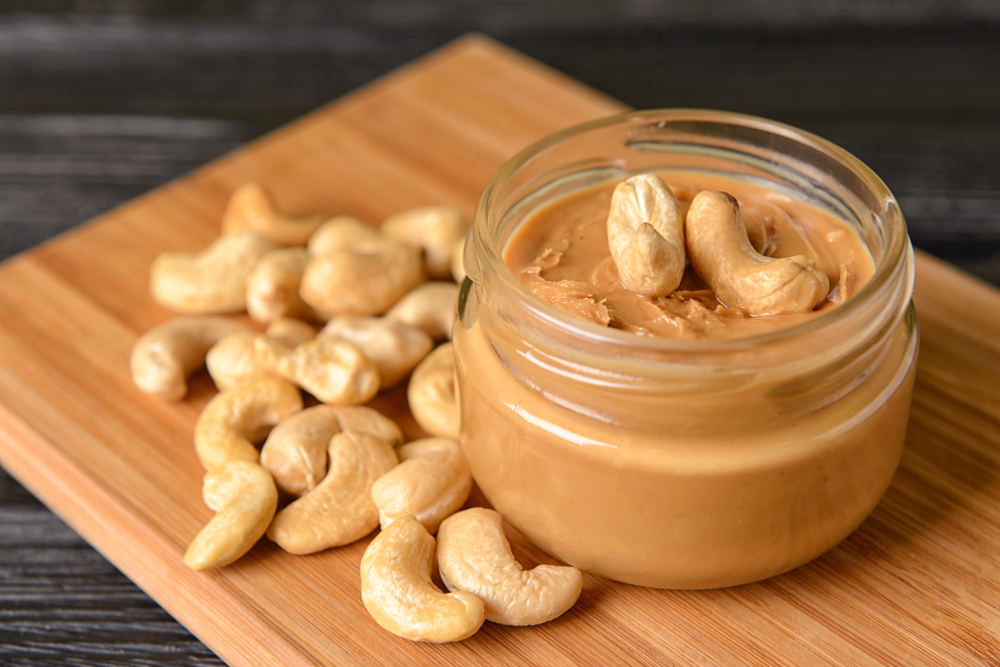
Nut butters are often seen as a healthy snack, packed with healthy fats and protein. However, many commercially available nut butter contain added sugar, salt, and hydrogenated oils, which detract from their nutritional value. These added ingredients make nut butter a calorie-dense food that can contribute to weight gain if not eaten in moderation.
To get the full benefits of nut butter, choose natural versions with no added sugars or oils. Be mindful of portion sizes, as it’s easy to overconsume nut butter due to its high-calorie content. Stick to a tablespoon or two to avoid excess calorie intake and still enjoy the healthy fats and protein they provide.
13. Quinoa
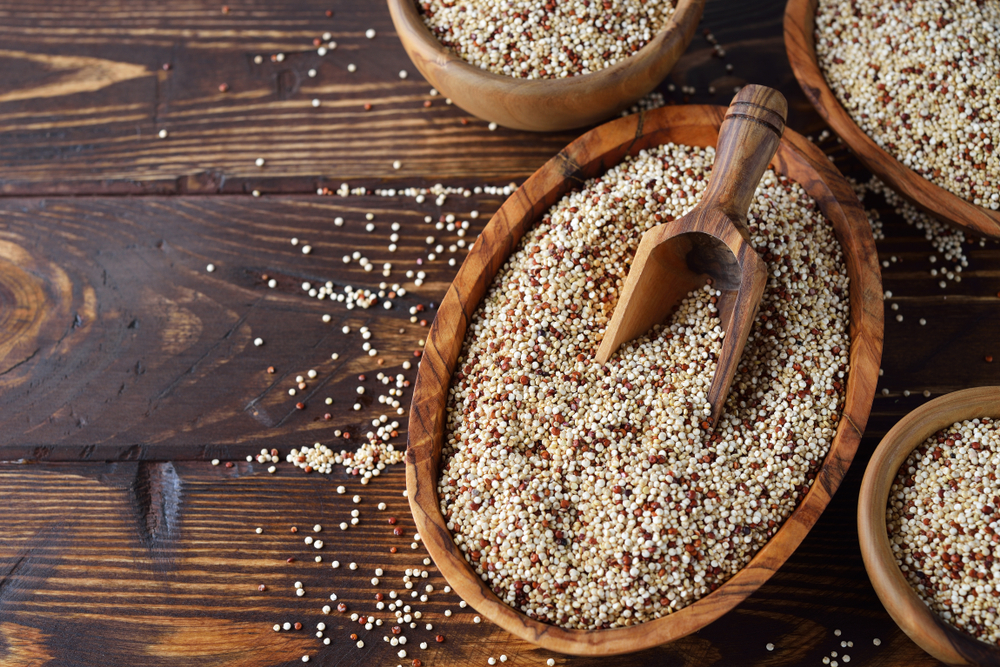
Quinoa is often considered a superfood due to its high protein content and versatility. However, quinoa contains saponins, which are compounds that can cause digestive issues and inflammation in some people. While washing and soaking quinoa can reduce the saponin content, it may still cause discomfort in sensitive individuals.
Despite its reputation as a health food, quinoa can also be calorie-dense and isn’t as nutrient-dense as other whole grains like brown rice or barley. If you’re looking for a lower-calorie, more easily digestible grain, consider opting for oats or buckwheat, which provide similar benefits without the potential digestive concerns.
14. Chia Seeds
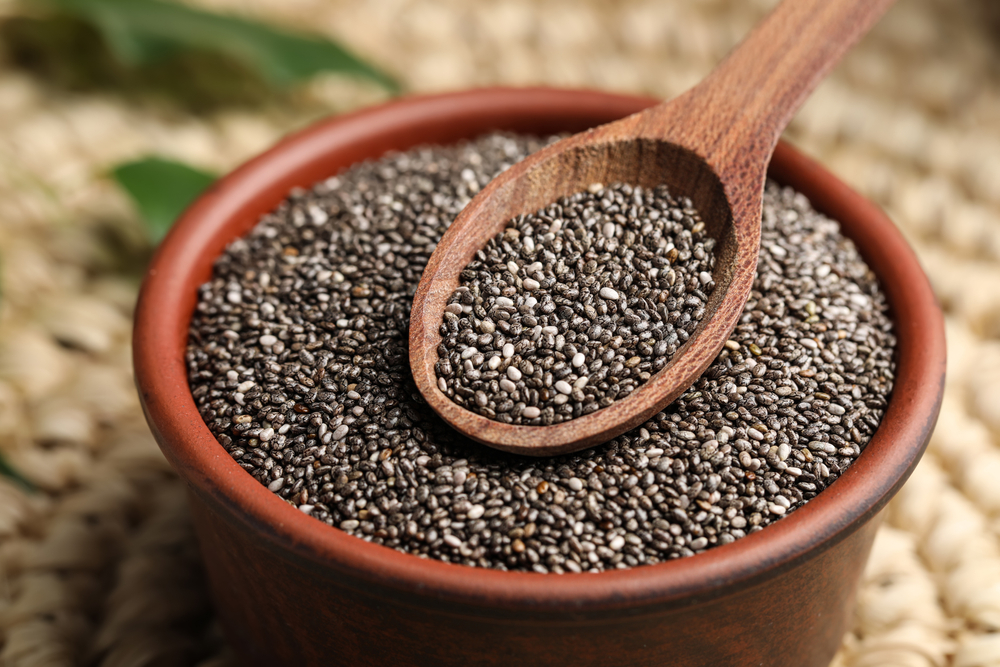
Chia seeds are often considered a superfood, praised for their high fiber and omega-3 content. However, they can cause digestive issues for some individuals, especially when consumed in large quantities. The high fiber content can lead to bloating, gas, and stomach discomfort if you don’t drink enough water to help with digestion.
Chia seeds also absorb a large amount of liquid and can expand in your stomach, which can lead to discomfort if not properly hydrated. If you’re new to chia seeds, start with small amounts and ensure you’re drinking plenty of water to support digestion. While they do offer nutritional benefits, moderation is key to avoiding digestive distress.
15. Cold-Pressed Juices
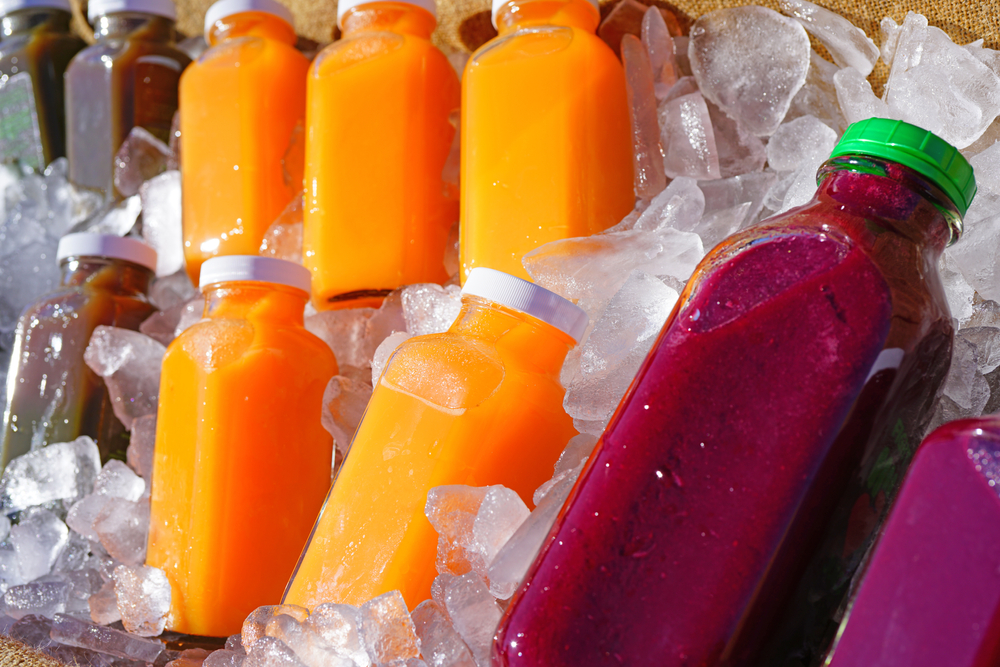
Cold-pressed juices are often marketed as a healthier alternative to regular juice because they preserve more nutrients due to the method of extraction. However, these juices are still high in sugar and can lead to blood sugar spikes, especially when consumed in large quantities. Despite being nutrient-rich, they lack fiber, which is essential for digestion and blood sugar regulation.
While cold-pressed juices can be part of a healthy diet, it’s important to treat them as a supplement, not a replacement for whole fruits and vegetables. Incorporate a variety of whole foods into your diet for the best health outcomes, and limit your intake of juice to avoid excessive sugar consumption.
Natasha is a seasoned lifestyle journalist and editor based in New York City. Originally from Sydney, during a stellar two-decade career, she has reported on the latest lifestyle news and trends for major media brands including Elle and Grazia.


